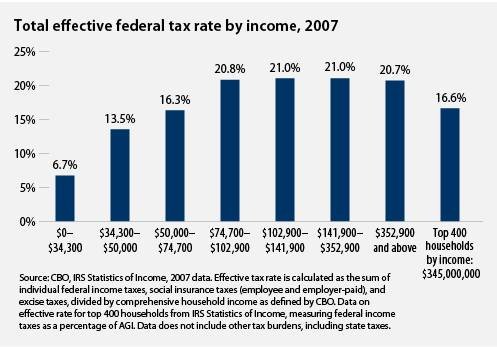Interesting the Druckenmiller info referenced by Theduckguru above, that's the thread I self-censored just a few days ago...pivotal issue for retirees, but politics are inevitable IMO.
I think I guessed that.
BTW... Thanks for the charts and the back up...
If the situation was and the solution was easy, it would have been done by now. I believe the discussion has been helpful, and appreciate the civility.
After collecting SS for more than 15 years now, I am appreciative of what it has meant to DW and me. A few years back, I was prepared to go to the mattresses to defend my rights, and to remind the country that the Social Security was a promise, and a contract between me and my government, and one of the cornerstones of my plans for the future. While I regret the politics that have intervened since I started paying for what I thought was insurance... back in 1954, I understand what has happened, and can see that the program is not sustainable in the present form.
In my own case, losing a portion of what was promised will cause some retrenchment, but it will not destroy my life. I wish I could say that for many of my friends... (you tend to meet up with many of your own age group in senior communities)... but such is not the case. Our community is a mix, but basically a workingman's retirement park. We have doctors and lawyers, but we also have retired auto workers, utility workers, and municipal workers among the retirees. Many living on their savings, plus (perhaps) $15,000 a year in SS.. a couple (like us) with a total of $25,000 in SS. Any reduction in this amount... perhaps $3 to $4 thousand dollars, would cause serious shortages in their long term budget, at a time when there is little hope for going back to work to balance the budget...
Some, who believed they had saved enough to be independent, simply outlived their savings, and at age 80 or 85, were forced to give up their homes, and move back to live with their "kids" who are now age 60.
..................................
And so, yes... after understanding what the situation is with the national debt and the future of the nation... I can accept that major changes are necessary, and that some of those changes will impact our own well being, if only marginally. DW and I are prepared to accept this.
At the same time, we can only hope that there will be a balance in the way the plan is changed, knowing others will be so much worse off. The part that worries, is the double whammy that so many will feel, with the reduction of food stamps...
At the lower end of this concern are memories of early days, teaching in classes organized by my company for children from Cabrini Green in Chicago.
Even then... in the 1980's 6 to 12 year old children, living in poverty... no hope, no future, and no way out... With people from the suburbs telling them to "Pull yourself up by the bootstraps. This is America... If we could do it, then you can do it...."
just sayin'
The richest person (and happiest) we know is a retired nun age 89 who boogie's on $900/month in subsidized housing.



